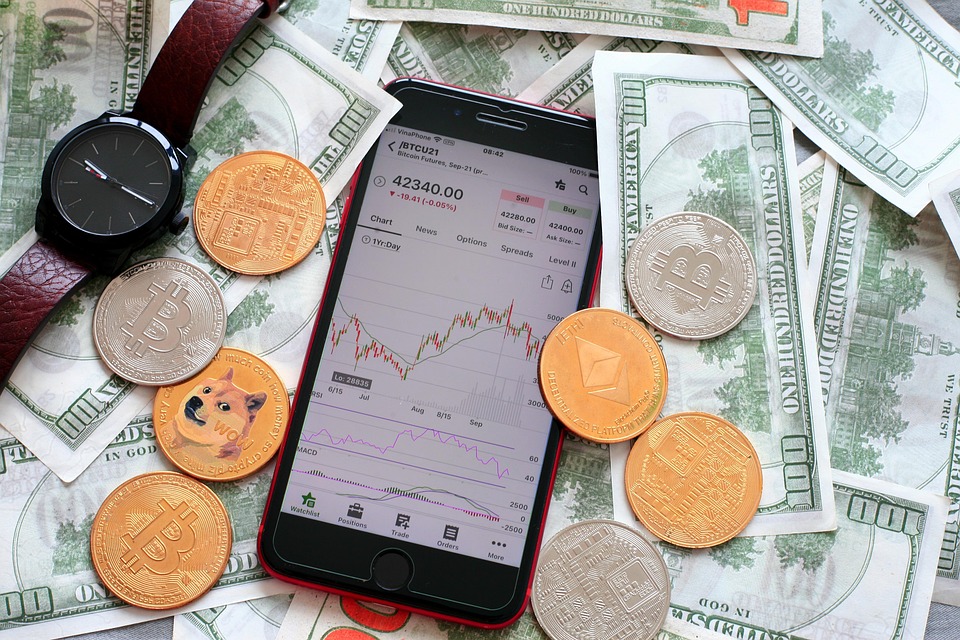RBC Direct Investing: A Closer Look at Market Hours and Their Impact
In the fast-paced world of investing, understanding market hours is crucial for both novice and seasoned investors. RBC Direct Investing, a prominent online brokerage in Canada, offers a platform that allows investors to trade a variety of financial instruments. However, the hours during which these markets operate can significantly influence trading strategies, investment decisions, and overall market performance. This article delves into the market hours associated with RBC Direct Investing and their implications for investors.
Understanding Market Hours
Market hours refer to the specific times during which financial markets are open for trading. For Canadian investors using RBC Direct Investing, the primary market hours for the Toronto Stock Exchange (TSX) are from 9:30 AM to 4:00 PM Eastern Time (ET), Monday through Friday. Additionally, the U.S. markets, including the New York Stock Exchange (NYSE) and NASDAQ, operate from 9:30 AM to 4:00 PM ET as well.
However, RBC Direct Investing also provides access to pre-market and after-hours trading sessions. Pre-market trading typically occurs from 7:00 AM to 9:30 AM ET, while after-hours trading runs from 4:00 PM to 8:00 PM ET. These extended hours allow investors to react to news and events that may occur outside of regular trading hours, providing additional opportunities for trading.
The Impact of Market Hours on Trading Strategies
The hours during which markets are open can significantly impact trading strategies. For instance, many investors prefer to execute trades during regular market hours when liquidity is generally higher. Higher liquidity means that there are more buyers and sellers in the market, which can lead to tighter bid-ask spreads and more favorable pricing.
Conversely, trading during pre-market or after-hours sessions can be riskier due to lower liquidity. Fewer participants in these sessions can lead to wider spreads and increased volatility, making it more challenging to execute trades at desired prices. Investors using RBC Direct Investing should be aware of these dynamics and consider their risk tolerance when deciding to trade outside regular hours.
Market News and Events
Market hours also play a critical role in how investors respond to news and events. Earnings reports, economic data releases, and geopolitical developments can significantly impact stock prices. For example, if a company releases its earnings report after the market closes, investors using RBC Direct Investing may want to react quickly during after-hours trading. However, they must also consider the potential for increased volatility and lower trading volumes during these times.
Moreover, significant news events can lead to price gaps when the market opens the following day. Investors who are not actively monitoring the market during after-hours trading may find themselves facing unexpected price movements when they resume trading in the morning.
Conclusion
Understanding market hours is essential for investors using RBC Direct Investing. The ability to trade during regular hours, as well as pre-market and after-hours sessions, provides flexibility and opportunities for strategic decision-making. However, it is crucial for investors to be aware of the implications of trading during different hours, including liquidity, volatility, and the impact of market news.
By staying informed and adapting their trading strategies to the nuances of market hours, investors can enhance their trading experience and potentially improve their investment outcomes. As always, thorough research and a clear understanding of one’s investment goals are key to navigating the complexities of the financial markets.




